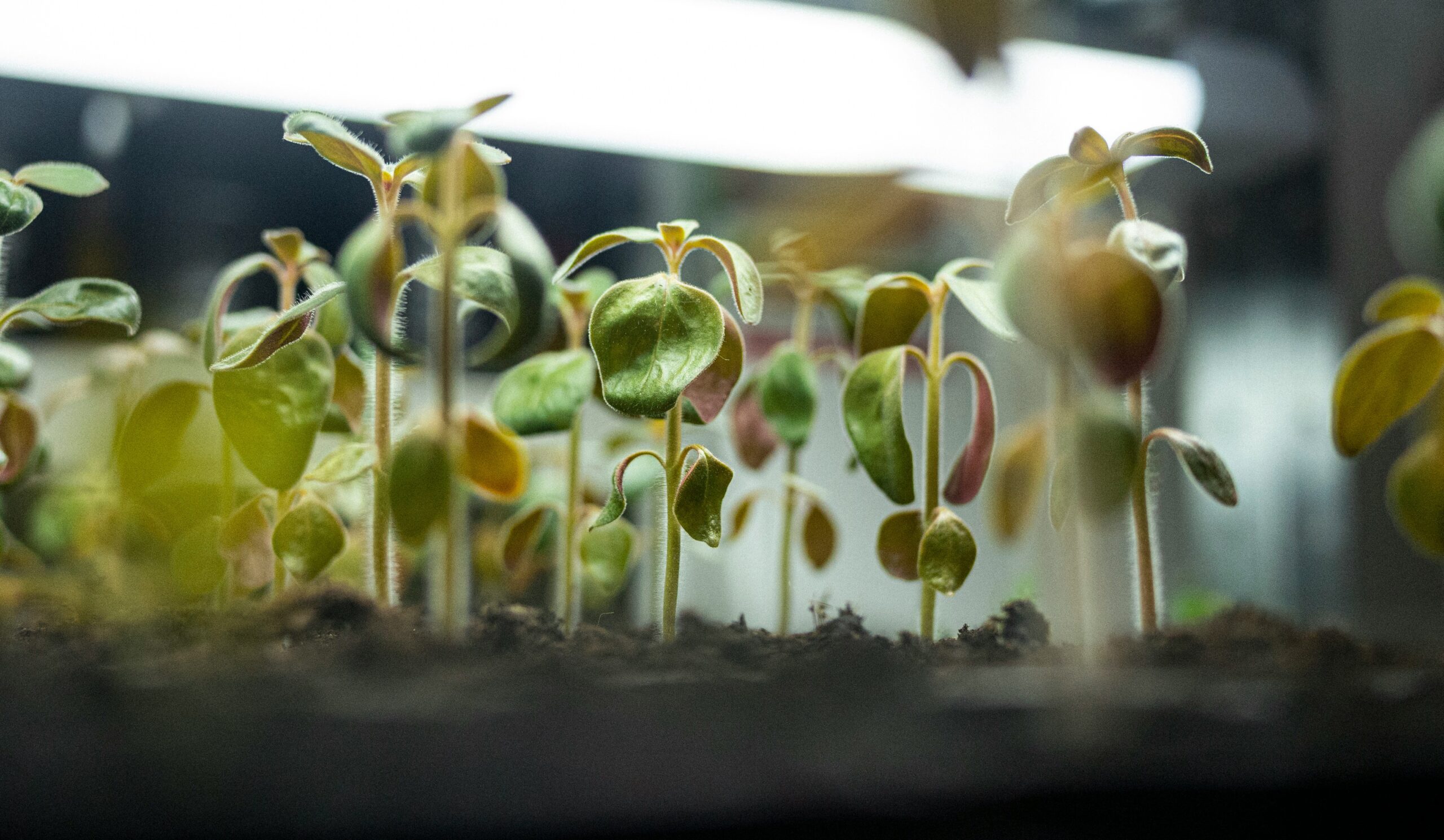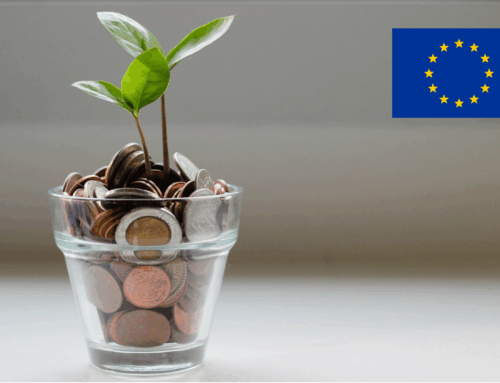Indoor farming, particularly in the form of vertical farming, is considered a key technology for food production in the future. By growing crops in closed, controlled environments, food can be produced all year round – with significantly lower water and land requirements. Forecasts predict that the global market for vertical farming could reach a volume of around 33 billion US dollars by 2030.
Automation as a driver
Manual labour is a significant cost factor in indoor farming, currently accounting for up to 40 percent of production costs. Automated solutions could take over tasks such as sowing, watering, lighting, nutrient supply and packaging. In addition, the use of automation improves the safety and traceability of all processes.
Software and AI
In addition to physical automation, digital control is playing an increasingly important role in indoor farming. Sensors, IoT platforms and farm management systems (FMS) enable precise control of climate parameters. Artificial intelligence further increases efficiency, for example through early detection of diseases, adaptive harvest planning and quality assurance.
German companies in the international competition
Germany has a strong research landscape and a high level of technical expertise, but faces obstacles in the economic implementation of indoor farming projects. High energy prices, rising operating costs and comparatively high wage levels make scaling up difficult.
For indoor farming to reach its full potential, it needs not only technological innovation, but also targeted investment, funding programmes and a clear regulatory framework. Indoor farming opens up new value chains and business areas, particularly for companies in mechanical engineering, automation technology and software development.
Source: bayern-innovativ.de (in German)






